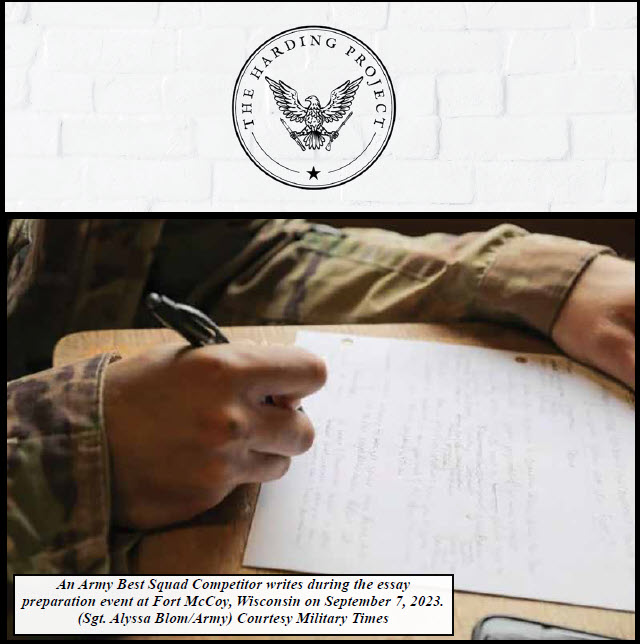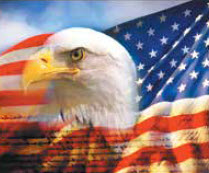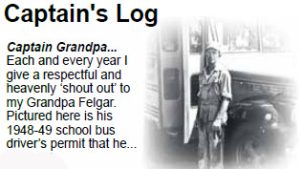When I was in Iraq, lo these 20 years ago, there was a soldier by the name of Eric who wrote for Stars and Stripes, the famous military paper that has been with us since 1918 and which is known affectionately simply as Stripes. Eric from time to time would play drums for our praise and worship band that sang their hearts out on Sundays in what had been Saddam Hussein’s fishing lodge. He was a good guy, and though we have lost touch, I hope that somehow this article finds him and I can thank him for the inestimable and actually unsung service he provided us as a writer. There is an old saying that “the pen is mightier than the sword,” and I have come to understand that in a whole new way, and so has the Army.
Looking back, I realize that at the time I didn’t get the full value of the role that was played in-theater by people like the writers and the historians. They were interesting, to be sure, and though I have always loved history and had the chance to learn a lot of it in the three years I was in the Great Sandbox, writing as a career was nowhere on my list of long-term goals. Now that I have been at it for a while, I have a greater appreciation for the role of writing and the kind of impact it can make, both on the writers themselves and their readers.
Stars and Stripes first was published for American soldiers in France right at the end of WWI, and was the brainchild of General John Pershing. The purpose, according to Pershing was to provide “uncensored news from soldiers for soldiers.” Soldiers are the writers, soldiers are the readers.
All of the branches of service in the United States have their own papers, such as the Army Times, the Navy Times, etc., but it was a fellow by the name of Major Edwin Harding who in 1934 more than doubled the circulation of the infantry Times in the space of about four years. Major Harding was all about calling for debates, which was critical especially in the years running up to WWII. There has been a lot of criticism re: how unprepared we were for WWII, and I have to wonder if it would have been worse if it weren’t for people like Harding?
In honor of Harding and in response to the decline of writing and thinking skills that have reached the military as a result of failing schools from which soldiers graduate, the Army has started what they are calling the Harding Project. According to Military Times, the Harding Project “is aimed at reinvesting in professional military writing and fostering discussion and debate on a variety of military topics.”
One of the driving forces behind the Harding Project is Lt. General Milford Beagle, who is quite open about how he was “pushed” to improve his own writing skills back in the day when he was still a young officer and got accepted to the School of Advanced Military Studies. He had to write, and what he wrote had to make sense. Military Times said further, “Good writing is clear thinking, “and clear thinking is also disciplined thinking. How disciplined can you be to get your thinking on paper in a succinct and precise way for others to digest and understand what you’re saying?” Excellent question, sir. And may the Harding Project serve to not only restore the skills of soldiers, but have an impact on our culture when the day comes that they are no longer in uniform.
By: Ali Elizabeth Turner








